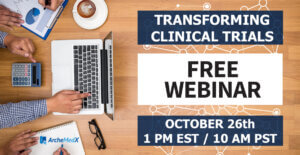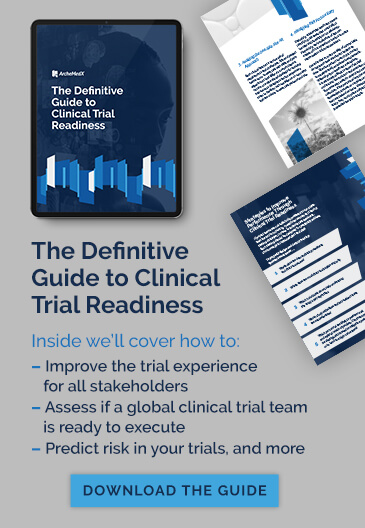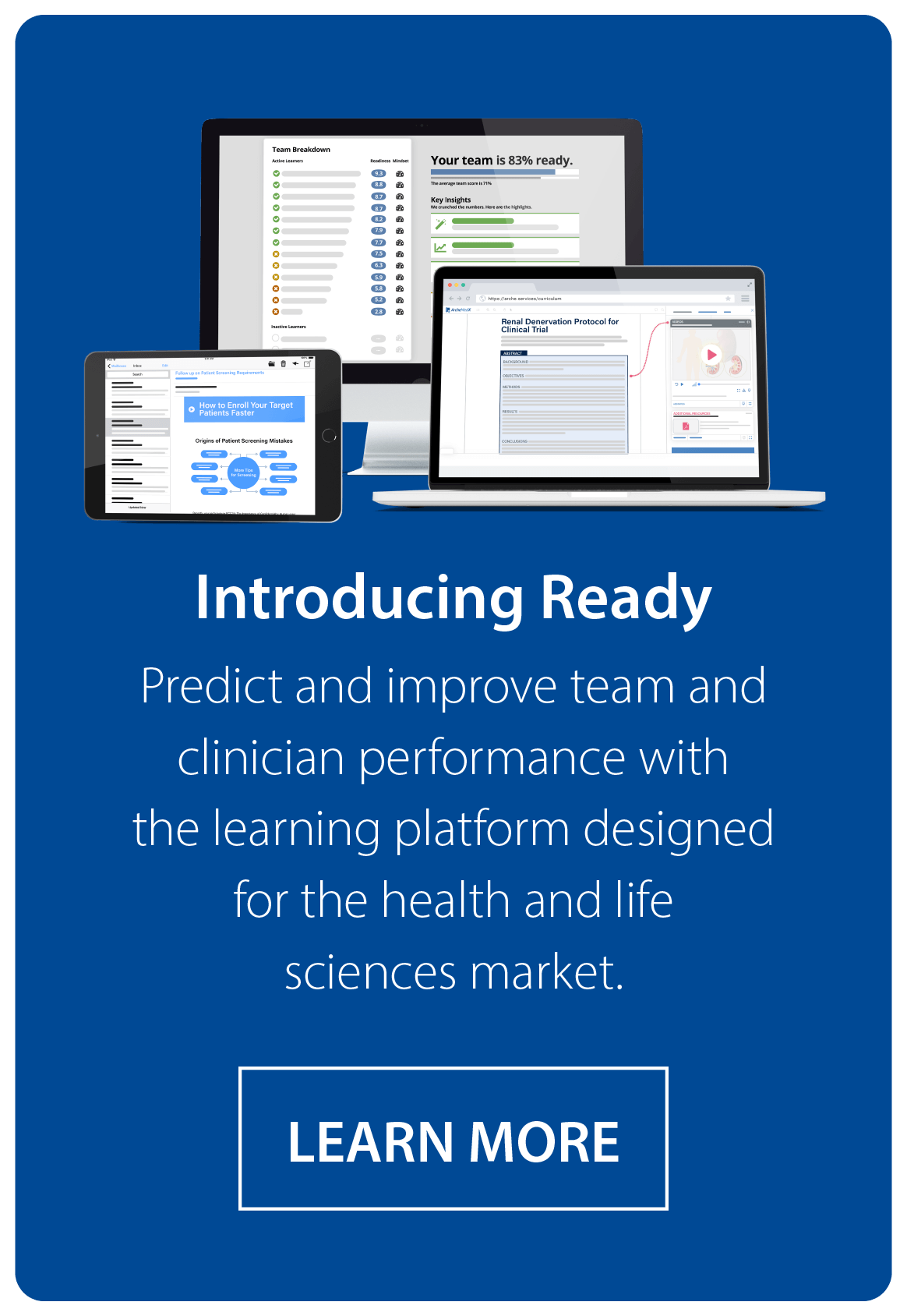Earlier this month I had the honor of presenting our research at the 2023 Nudges In Healthcare Symposium and I can not recommend the experience strongly enough. Dating back to 2018 University of Pennsylvania’s Nudge Unit and Center for Health Incentives & Behavioral Economics have hosted clinician researchers from around the world, providing an opportunity to share their research, attend Keynote lectures from leading behavioral scientists, and engage in thought provoking workshops.
While it’s incredibly valuable to spend two days interacting with front line clinicians designing and implementing scalable improvement projects in healthcare through behavioral science, it’s truly transformational to explore these projects, their strengths, weaknesses, and opportunities at scale.
Perhaps the hardest part of writing this post is to reduce down all of the incredible learnings I took away from the conference, but let me try to summarize this experience with my Top 10 Lessons from the Pioneers of Behavioral Science in Healthcare.
- The community of scientists demonstrating the impact of behavioral science in healthcare is truly global – many of the best sessions and posters were from Israel, Ireland, and the Middle East. We are well beyond ‘early adoption’ and are likely at the tipping point of this science.
- From Elizabeth Linos, Associate Professor of Public Policy and Management at Harvard Kennedy School, “The strongest predictor of adoption of any nudge is whether it was designed as a wholly new process (less effective) or integrated into an existing process (more effective).” We need to infuse behavioral interventions into workflows versus creating new workflow, new behaviors, and new complexity.
- Also from Dr. Linos, “When your goal is to change policy and implement nudges, you need to include the policy changers in the room at the design of nudge experiment/pilot.” Like any other change management strategy, getting buy in is incredibly important – don’t lose the forest through the trees.
- From scientists at Clalit Health Services in Israel, nudge-based interventions reduced no show appointments by 33%, increased proactive cancellations by 17%, and freed up nearly 200,000 appointments per year. I think the impact we can have on clinical trials is likely to be far better than what has been seen in general healthcare.
- Reminded of an infamous quote by Max Tetlock, “If you don’t get feedback, your confidence grows at a much faster rate than your accuracy.” This applies to every behavioral science-based intervention we design – plan, do, study, adapt!
- From the team at Vanderbilt Biomedical Informatics, “It can often be just as important to nudge team members to STOP behaviors as it is to nudge them to act.” This might be one of the most lasting lessons for me.
- David Asch, Senior Vice Dean for Strategic Initiatives, Penn Perelman School of Medicine, introduced the Day Two keynote in the following way, “Without Kevin Volpp there may not be nudge science and behavior economics in healthcare….but there definitely wouldn’t be a Penn Nudge Unit.” That is a strong statement, but wholly accurate. Kevin and his team are the true pioneers on behavioral science in healthcare.
- From Michelle Mayer, Associate Professor and Chair of the Department of Bioethics and Decision Sciences at Geisinger Health System, “At the heart ofa learning healthcare system is a commitment to experiment…stop assuming you know what is best…” We are at the beginning of a behavioral science revolution in healthcare and clinical research, and experimentation is critical to our success.
- Our data set of 600,000 learners and 25,000,000+ learning events modeled as behaviors was one of, if not the largest data set shared at the conference, and the reaction was overwhelming. This was a conference of behavioral scientists reacting to the novel application of behavioral science to enhance learning – as the designer of our behavioral model at ArcheMedX, this was a wonderful validation!
- More generally, research and evidence generated by the global community of behavioral scientists driven to improve healthcare quality, is critically relevant and applicable to our progress as a clinical research community. The lessons shared at the 2023 Penn Nudges in Healthcare Symposium presents us with a roadmap for transforming clinical trial effectiveness, if we choose to listen.
With all of this evidence, the challenge for each of us is to begin to apply these lessons to improve our trials. The usual hesitancy to implement change is how and where to start. Fortunately for our colleagues across the clinical research community, we are leading a virtual event in October that covers this very topic.
Please join us on Thursday October 26th at 1pm EST / 10am PST / 7pm CET as we lay the groundwork and provide real world examples of how our community – clinical research professionals from industry, CROs, and clinical research sites around the world – can benefit from leveraging behavioral science and nudges to achieve operational excellence in clinical trial execution.
For clinical trial leaders, the application of behavioral science offers a transformative approach. Whether it’s refining study team training, optimizing site selection, enhancing patient recruitment strategies, ensuring meticulous vendor oversight, or elevating site monitoring processes, behavioral science holds the key to unlocking operational excellence.
If we embrace the change management inherent in every clinical trial, we can learn how to turn operational challenges into opportunities with the power of behavioral science. In this webinar, discover how leveraging behavioral science can be a game-changer in addressing the unique challenges that each clinical trial presents. Learn how other clinical trial leaders like you changed critical behaviors that improved how their sites and teams conduct clinical trials.
—
Brian McGowan, PhD
Chief Learning Officer & Co-Founder
ArcheMedX
Related Post
Reflections from DIA and BIO: What Trial Leaders Are Really Saying
I. Introduction: Two Conferences, One Reality This past week at DIA and BIO offered two…
Joel Selzer
What We Think We Know: How Overconfidence Derails Clinical Trials
In clinical research, where accuracy, coordination, and compliance are non-negotiable, the greatest threat isn’t always…

Brian S McGowan, PhD
Why Mindset Matters in Clinical Research
Clinical trials professionals face a host of challenges: for some, it’s the complexity in protocol…





